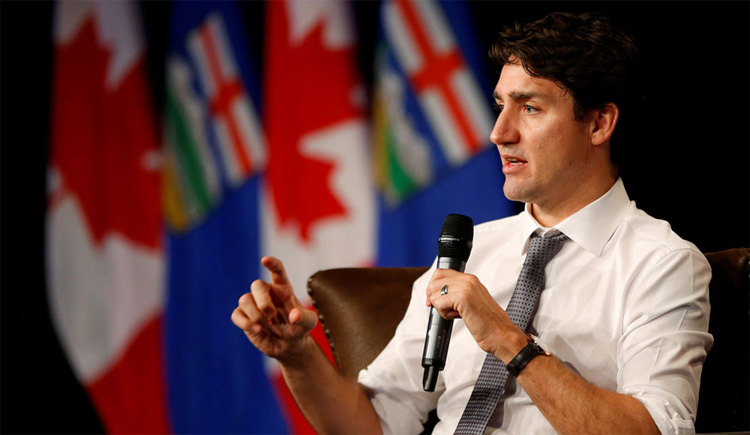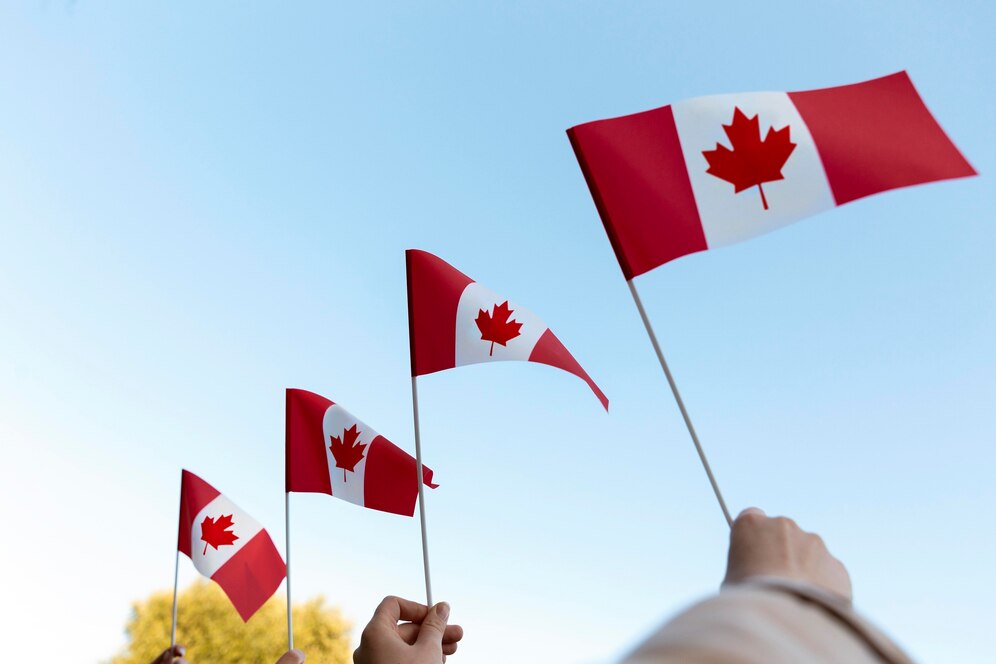Indian Students Seek New Horizons as Canada Caps International Student Visas
With Canada announcing a two-year cap on new international student visas due to a worsening housing crisis, many Indian students are rethinking their study-abroad plans. This significant policy shift affects Indian students deeply, as they make up nearly 40% of Canada’s international student population. In 2024, Immigration Minister Marc Miller stated that only 364,000 new permits would be issued, altering the academic aspirations of countless students.
Despite this challenge, Indian students are turning to alternative destinations that promise excellent education, diverse cultures, and abundant opportunities. Popular options include Australia, New Zealand, the United Kingdom (UK), and the United States (USA). Here’s a closer look at what these destinations offer:
Australia: Quality Education and Career Opportunities
Australia welcomed approximately 1.24 lakh Indian students in 2023, making it a top choice. With world-class institutions like the University of Sydney, University of Melbourne, and Monash University, students gain access to high-quality education. The cost of an MBA in Australia averages $60,000 (₹33 lakh) for one year. For many, Australia offers a blend of academic excellence and post-study work opportunities.
New Zealand: Affordable and Work-Friendly
Although small, New Zealand offers immense value. With just eight universities, it stands out for its affordability—an MBA costs around NZ$50,000 (₹25 lakh). Students also benefit from up to three years of work visas after graduation. Renowned universities such as the University of Auckland and Victoria University of Wellington are among the top picks for Indian students seeking quality education at a reasonable cost.
The UK: Tradition Meets Modern Opportunities
The UK continues to attract Indian students, especially after reinstating the two-year post-study work visa in 2021. Prestigious universities like Oxford and Cambridge offer unmatched academic rigor, though costs can soar—an MBA at Oxford, for instance, costs ₹83 lakh (£78,510). Other popular institutions, including King’s College London, LSE, and UCL, provide a rich cultural and academic experience, with annual tuition ranging from ₹20-25 lakh.
The USA: A Land of Endless Possibilities
The USA remains a favorite for Indian students, with over 2.68 lakh currently enrolled. The country’s Optional Practical Training (OPT) program allows students to work temporarily after graduation, providing hands-on industry experience. However, costs can be steep, with tuition fees for top schools reaching up to ₹40 lakh annually. Prestigious universities like Harvard, MIT, and Stanford continue to draw ambitious students worldwide.
Navigating the Changing Landscape
For Indian students, Canada’s visa cap is a pivotal moment, prompting them to explore other nations offering exceptional education and career pathways. Each destination has unique benefits, from affordability and post-study work options to globally recognized universities.
As the global education landscape shifts, Indian students have a world of opportunities to pursue their academic dreams—one step closer to a brighter future.
- Canada Tourist Visa Update January 2026: What IRCC Really Changed & What It Means for Visitors
- Why Canada’s 32% Drop in Study Permits for Indian Students in 2024 Could Affect Your Future Plans
- Canada Launches Rural and Francophone Community Immigration Pilots: A New Era for Skilled Immigrants
- Canada Expands Post-Graduation Work Permit (PGWP) Eligibility: A Gateway to Endless Opportunities for Indian Students
- Canada Takes Action to Combat Fraud in the Express Entry System

Canada’s Strategic Approach to Stabilizing Growth and Adjusting International Student Permits for 2024
Press Release: Immigration, Refugees and Citizenship Canada
Ottawa, January 22, 2024 — International students have long been a cornerstone of Canada’s vibrant social, cultural, and economic fabric. They bring fresh perspectives, enrich local communities, and contribute significantly to the nation’s growth. However, in recent years, the system supporting these students has faced growing challenges. Some educational institutions have prioritized increasing enrollment numbers for financial gain, often at the expense of adequate support for students. Additionally, the rising influx of international students has placed considerable strain on housing, healthcare, and essential services.
To address these concerns and ensure the well-being of international students, Canada is introducing measures to stabilize the intake of new student permits while fostering sustainable population growth.
The Honourable Marc Miller, Minister of Immigration, Refugees and Citizenship, has announced a cap on international student permit applications for the next two years. For 2024, the cap will allow approximately 360,000 study permits to be approved—a 35% reduction compared to 2023. This strategy involves proportional caps for each province and territory, tailored to their population size. Regions with higher levels of student growth will see more significant reductions. Importantly, existing study permit renewals and certain programs, such as master’s, doctoral, and elementary/secondary education, will remain unaffected.
Starting January 22, 2024, all study permit applications submitted to Immigration, Refugees and Citizenship Canada (IRCC) must include an attestation letter issued by the respective province or territory. These regions will distribute allocations to their designated learning institutions, and processes for issuing attestation letters are expected to be operational by March 31, 2024.
These changes will be effective for two years, with the intake numbers reassessed for 2025. During this period, Canada will work closely with provinces, territories, educational institutions, and key stakeholders to develop sustainable strategies for international student intake. This collaboration will include creating frameworks for recognizing designated institutions and ensuring the availability of appropriate student housing.
Updates to the Post-Graduation Work Permit Program
Beginning September 1, 2024, additional adjustments will take effect:
- International students enrolled in study programs under curriculum licensing arrangements will no longer qualify for post-graduation work permits. This step addresses oversight gaps and ensures the integrity of the program.
- Graduates of master’s programs will be eligible for a 3-year work permit, providing more time to gain valuable work experience and transition to permanent residency.
- Open work permits for spouses of international students will now be limited to those pursuing master’s or doctoral degrees, excluding spouses of students in other academic levels.
These initiatives are part of a broader effort to safeguard the interests of genuine international students while easing pressures on Canadian infrastructure. Together, they represent Canada’s commitment to maintaining a balanced and equitable international student system that benefits everyone.
For more information, visit the Immigration, Refugees and Citizenship Canada website.
Work Permit New Immigration Rules for International Students: December 2024 Update
Discovering the Best Universities in Canada for International Students



